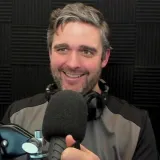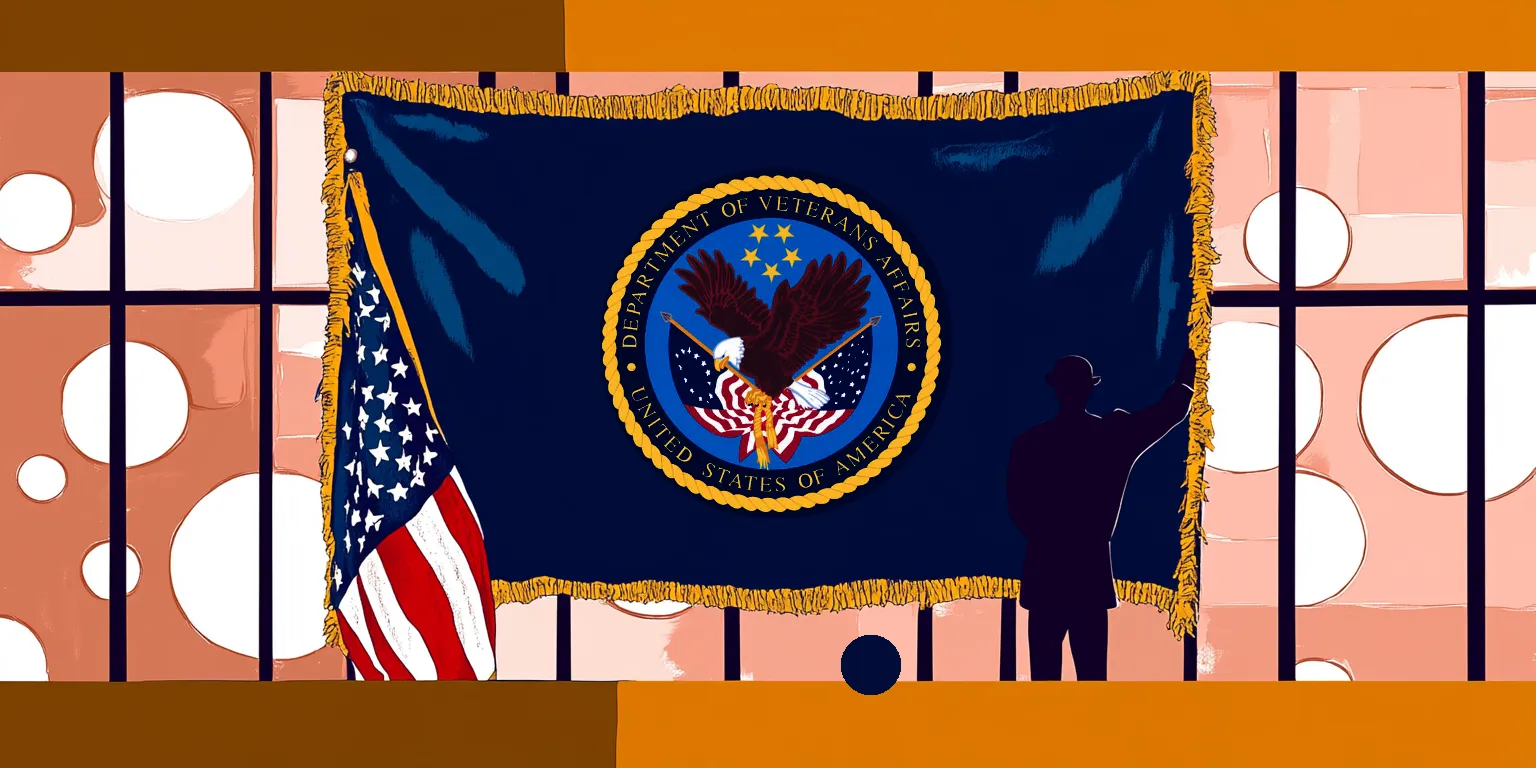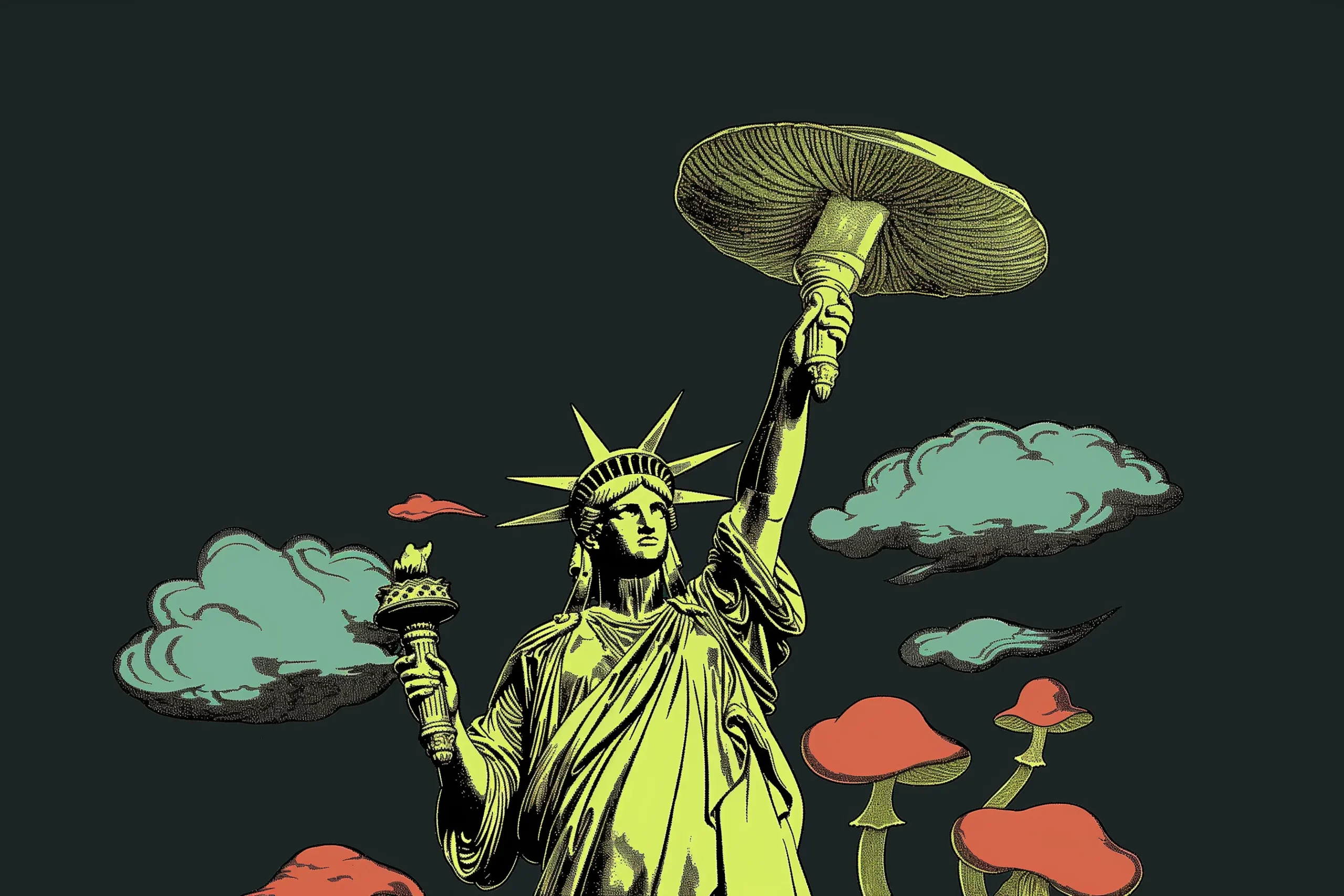This week’s psychedelics news marks rapid technological advancements and social change, as global health concerns have shifted from merely addressing physical ailments to understanding and catering to the vast landscape of mental health. Mental well-being, once an afterthought in many societies, is now central to global health and prosperity conversations, bringing the potential of psychedelic medicine to treat these concerns more to the forefront than ever.
Global Mental Health Crisis

Originally covered by Neuroscience News, a comprehensive study has revealed that one out of every two individuals worldwide will likely experience a mental health disorder at some point. This research, which analyzed data from over 150,000 adults across 29 countries, determined that 50% of the global population will have developed at least one mental health disorder by age 75. Mood disorders, such as depression and anxiety, were identified as the most prevalent. The study also emphasized that mental health issues often manifest during childhood, adolescence, or early adulthood.
The research was collaborative between The University of Queensland and Harvard Medical School. It utilized the most extensive coordinated series of face-to-face interviews from the World Health Organization’s World Mental Health Survey initiative. The study found notable differences in the prevalence of mental disorders between genders. The three most common disorders for women were depression, specific phobia, and PTSD. In contrast, men most frequently experienced alcohol abuse, depression, and specific phobia. The median age of onset for these disorders was identified as 19 for men and 20 for women.
Professor John McGrath from UQ’s Queensland Brain Institute, Professor Ronald Kessler from Harvard Medical School, and other international colleagues spearheaded this research. Professor McGrath highlighted the significance of the findings, noting the high prevalence of mental health disorders. He emphasized the need for investment in basic neuroscience to understand the development of these disorders. Professor Kessler further stressed the importance of mental health services, especially for younger individuals. He believes that by understanding the age at which these disorders typically arise, public health interventions can be better tailored, ensuring timely and appropriate support for those at risk.(1)
Keep Up with Uncensored Psychedelic Trends
Join our newsletter at Psychedelics Uncensored.
We respect and protect your privacy. By subscribing your info will be subject to our privacy policy . Unsubscribe easily at any time
The Rise of the Psychedelic Concierge in Silicon Valley

In an interview with The Guardian, Zappy Zapolin discusses the ever-evolving world of Silicon Valley. Tech executives are constantly seeking innovative ways to foster creativity and team cohesion. Mike Zapolin, also known as “Zappy”, recently revealed a unique approach a group of these executives adopted: a three-hour “ket-itation” session, blending ketamine and meditation. Facilitated by a doctor, participants were given ketamine lozenges and embarked on individual journeys, accompanied by soothing music. The outcome? Enhanced teamwork, increased empathy, and a surge in creativity. Zapolin, who identifies as a “psychedelic concierge,” played a pivotal role in organizing this retreat. He emphasizes that his role is not akin to a drug dealer but rather an advisor, guiding clients based on best practices and connecting them with experts.
The burgeoning interest in mind-altering substances among the business elite and affluent has given rise to a new niche: psychedelic concierges. These professionals, like Zapolin, assist individuals in navigating the world of psychedelics, ensuring they have safe and transformative experiences. They can recommend ketamine clinics or connect clients with nature retreats where shamans administer doses. Zapolin has a background in investment banking and domain trading and has positioned himself as a concierge for celebrities and the super-rich. His clientele includes Fortune 500 executives, reality TV stars, and even royalty. While his services can command hefty fees, Zapolin occasionally offers them pro bono, especially if it means assisting influencers who can promote his work.
However, the rise of psychedelic concierges has sparked debates about the ethics and qualifications necessary for the role. While some argue that lived experiences with these substances can be beneficial, others believe that formal medical credentials are essential. Dr. Gregory Barber, a psychiatrist, expresses concerns about prematurely promoting these substances, which lack FDA approval for mental health treatment. He emphasizes the importance of trust and rapport between the client and the therapist during psychedelic sessions. Given the profound alteration of consciousness these drugs induce, there’s a potential risk of exploitation. As the psychedelic community grows, establishing clear ethical guidelines becomes paramount to ensure the safety and well-being of those seeking these transformative experiences.(2)
Federal Health Officials Highlight Challenges in Psychedelics Research Due to Schedule I Status

Coming to us from Marijuana Moment, top federal health officials have acknowledged the therapeutic potential of psychedelics but emphasize that research into these substances has been hindered by their Schedule I status under the Controlled Substances Act (CSA). In an opinion piece published in the Journal of the American Medical Association (JAMA) Psychiatry, National Institute on Drug Abuse (NIDA) Director Nora Volkow and National Institute of Mental Health (NIMH) Director Joshua Gordon discussed the growing interest in psychedelic medicines. Early studies have shown that these substances may effectively treat severe mental health conditions. However, like marijuana, researchers face “unique challenges” due to the “administrative hurdles” presented by the current Schedule I classification.
Keep Up with Psychedelic Trends
Get uncensored psychedelic news, events, and updates. Join Psychedelics Uncensored!
We respect and protect your privacy. By subscribing your info will be subject to our privacy policy . Unsubscribe easily at any time
The article also delves into the issues of accessibility and affordability of psychedelic-assisted treatments. The officials stress the importance of ensuring that these treatments, if approved, are available to all, considering work, family, and transportation challenges. Furthermore, the historical misuse of psychedelics, such as unethical LSD experiments in the 1950s, places a significant responsibility on researchers to be transparent and build trust with study participants. This dark history might make certain racial and ethnic groups hesitant to participate in research, yet diverse study populations are essential for universally applicable findings.
Volkow and Gordon also raised questions about the therapeutic effects of psychedelics. They are keen to understand whether the subjective experience of the psychedelic trip is integral to its therapeutic effects. The article also touches upon the role of facilitators in psychedelic-assisted therapy and the lack of a standard protocol for patient preparation, support, and post-experience processing. While the officials acknowledge the potential of psychedelics, especially psilocybin, in treating conditions like depression and addiction, they caution against the hype outpacing the science, drawing parallels with the medical cannabis industry. Despite these challenges, the officials remain optimistic about the future of psychedelics research and its potential benefits.(3)
Cybin Advances CYB003 Trial for Major Depressive Disorder

Cybin Inc., a clinical-stage biopharmaceutical company dedicated to revolutionizing mental healthcare through innovative psychedelic-based treatments, has announced the initiation of dosing in Cohort 6, marking the final cohort of its Phase 2 study. This study evaluates CYB003, a deuterated analog of psilocybin, as a potential treatment for major depressive disorder (MDD). The first five cohorts, which involved dosing levels ranging from 1mg to 12mg of CYB003, have been completed successfully. These initial cohorts reported no serious adverse events, and all adverse events were mild to moderate, resolving without clinical intervention.
The primary objective of this Phase 2 study is to determine the optimal dose for CYB003 and assess its potential as a safe and effective treatment for MDD. Doug Drysdale, Chief Executive Officer of Cybin, expressed satisfaction with the safety data gathered so far and anticipates the release of Phase 2 efficacy topline data later in the year. This data will subsequently be prepared for submission to the FDA for pivotal studies. Key upcoming milestones for the CYB003 program include completing CYB003 dosing in MDD cohorts by Q3 2023 and the expected release of topline efficacy data from the CYB003 Phase 2 clinical trial in Q3/Q4 2023.
The Phase 1/2a trial is a randomized, double-blind, placebo-controlled study evaluating CYB003 in participants with moderate to severe MDD and healthy volunteers. The study aims to assess the safety, tolerability, pharmacokinetics, and pharmacodynamics of ascending oral doses of CYB003. Additionally, the trial will evaluate the rapid onset of the antidepressant effect on the day of dosing, using the Montgomery-Asberg Depression Rating Scale (MADRS), and determine the incremental benefit of a second dose of CYB003 when administered at Week 3. The study’s design also includes an optional period of assessment to determine the treatment effect’s durability for up to 12 weeks.(4)
Veterans Champion California Bill for Psychedelic Decriminalization

Originally published by NBC Los Angeles, the Heroic Hearts Project, a nonprofit organization, is sponsoring a California bill to decriminalize certain hallucinogenic substances. Jesse Gould, a former Army Ranger and founder of the Heroic Hearts Project, strongly advocates for the therapeutic use of psychedelics. After serving three combat deployments in Afghanistan and later transitioning to investment banking, Gould struggled with anxiety, depression, and substance abuse. It was only after undergoing therapeutic psychedelic treatment that he found relief. His journey inspired him to establish the Heroic Hearts Project, which connects veterans suffering from PTSD with safe and supervised psychedelic programs.
The bill, known as S.B. 58, seeks to decriminalize substances like psilocybin, psilocyn, dimethyltryptamine (DMT), mescaline (excluding peyote), and ibogaine for individuals aged 21 and above. The push for such legislation is not isolated to California. Across the U.S., various cities and states have been relaxing restrictions on specific psychedelics, driven partly by testimonies from veterans who have sought psychedelic treatments abroad to address PTSD, depression, anxiety, and substance abuse issues. Gould emphasizes the irony and tragedy of the situation, stating, “We’re sending this nation’s veterans to another country to get life-saving care. That should be an embarrassment to anybody that hears that.”
However, the road to decriminalization is not without its challenges. While there’s a growing acknowledgment of the potential therapeutic benefits of psychedelics, concerns about their safe use remain. Dr. Charles Grob, a Professor at UCLA, has been researching the effects of psychedelic substances since the 1990s. He believes that while the “war on drugs” has been a failure, there’s a need for proper education on the safe use of psychedelics. Grob also points out that certain individuals, especially those with a history of severe mental illnesses, might be at risk when using these substances.
The evolving landscape of mental health research and treatments has spotlighted psychedelics as a potent tool for healing and understanding the human psyche. As our recent psychedelic news roundup showcases, this field stands at the intersection of groundbreaking medical studies, Silicon Valley innovation, federal regulations, and grassroots activism. The alarming prevalence of mental disorders, highlighted by the global statistic of one in two individuals at risk, underscores the urgency to explore and employ all potential therapeutic avenues.(5)
Yet, as the psychedelic renaissance continues, ethical concerns, access disparities, and the need for rigorous scientific validation become crucial considerations. Whether it’s the role of psychedelic concierges in guiding safe experiences, the challenges posed by Schedule I drug classifications, or the stories of veterans championing change, the psychedelic narrative is rich, diverse, and ever-evolving. As we journey further into this frontier, one thing remains clear: the potential for psychedelics to revolutionize mental health care is vast, but its responsible realization requires a harmonious blend of research, regulation, and societal understanding.
Sources

1. News, N. (2023, July 31). Half the World Faces Mental Health Disorders. Neuroscience News. https://neurosciencenews.com/mental-health-population-23724/
2. Demopoulos, A. (2023, August 1). Eager for a mind-bending trip? A “psychedelic concierge” can help. The Guardian. https://www.theguardian.com/lifeandstyle/2023/aug/01/psychedelic-corporate-retreat-drug-trip-silicon-valley
3. Jaeger, K. (2023, July 31). Top Federal Health Officials Say Psychedelics’ Schedule I Status Creates “Hurdles” To Studying Them. Marijuana Moment. https://www.marijuanamoment.net/top-federal-health-officials-say-psychedelics-schedule-i-status-creates-hurdles-to-studying-them/
4. Cybin Initiates Dosing of Final Cohort of its Phase 2 Trial of CYB003 in Major Depressive Disorder. (n.d.). Ir.cybin.com. Retrieved August 2, 2023, https://ir.cybin.com/investors/news/news-details/2023/Cybin-Initiates-Dosing-of-Final-Cohort-of-its-Phase-2-Trial-of-CYB003-in-Major-Depressive-Disorder/default.aspx
5. Barakett • •, E. (2023, July 29). Veterans advocate for California bill to decriminalize psychedelics. NBC Los Angeles. https://www-nbclosangeles-com.cdn.ampproject.org/c/s/www.nbclosangeles.com/news/california-news/veterans-california-bill-decriminalize-psychedelics/3194748/?amp=1
This material is not intended as a replacement or substitute for any legal or medical advice. Always consult a medical professional about your health needs. Psychedelics are widely illegal in the United States, and readers should always be informed about local, state, and federal regulations regarding psychedelics or other drugs.

 David Connell
David Connell
 Ross Dillon
Ross Dillon 
